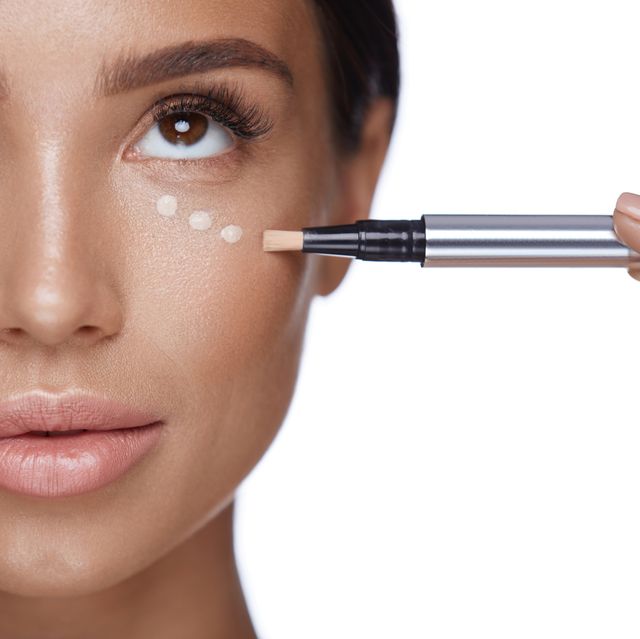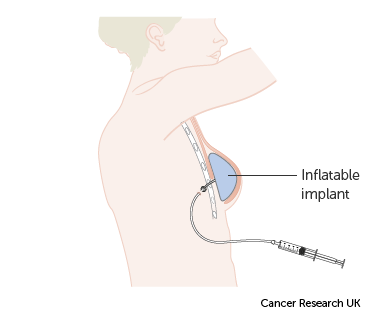
Consider your options to help you get an idea of the cost of a breast reduction. Ask your surgeon for details and pictures of your symptoms to better determine the cost. Contact your health insurance provider in advance to discuss your options. Be prepared for anything and you will avoid unpleasant surprises. Learn more about breast reduction and how much it costs.
The average cost of breast reduction in the U.S.
The average cost for breast surgery in the U.S. runs from $5,000 to $12,000. Prices can vary widely. These prices include fees for the surgeon, facility fees, anesthesia, and any cost for implants. For patients with large breasts, these prices can be higher as they will require more work to remove excess tissue and reshape nipple. Before selecting a surgeon, ask about fees for pre-op labs, travel, and lodging.
If it is "medically necessary", insurance or Medicaid may cover the cost. The breasts must be removed if they cause serious medical problems. Ask your surgeon for details about your individual insurance plan. You should speak to your insurance company before you schedule your surgery.

Variations in cost
The cost of breast reduction depends on several factors. These include the amount of tissues removed and the types of implants used. Pricing may be affected by the complexity and time required. A capsulotomy, a surgical procedure that removes scar tissue around the implant and reduces compression, is possible. The type of implants a woman has can also affect pricing. The procedure may be covered by health insurance. It is possible to perform the procedure on males and females. However, prices are typically higher for borderline patients.
The average price of breast reduction surgery is around $8,200. This price does NOT include pre-operative or prescription medication. The final cost will depend on the expertise level, location and number of surgeons. To receive an accurate estimate before the procedure, patients are advised to consult with their surgeon. Many surgeons offer financing options for patients and waive the consultation fee. No matter if you have health insurance, it is important to research the cost before you choose a surgeon.
Insurance coverage
It is worth asking your insurance company if it covers breast reduction. If you have medical proof, most insurers will cover breast-reduction surgery. Your family doctor and your plastic surgeon should provide medical documentation. If you have chronic conditions, insurance companies are more likely approve your surgery or to provide partial coverage. These are some tips to help you ensure that your procedure is covered by insurance.
First of all, make sure that you check your insurance's coverage before undergoing the procedure. Breast reduction is not covered by most health insurance companies. Although they may cover breast reduction surgery it is not considered a "basic" procedure. If you have a severe health condition related to your breast size, most insurance companies will cover the breast reduction procedure. If you have a particularly large breast measurement, the surgery is covered by your health insurance plan.

Time to recover
The recovery period after a breast-reduction can vary depending on the procedure. It may take between two and six months. Everyone recovers at different rates. A sedentary worker may only require one week of work, while someone who is physically active might need two weeks. The patient's lifestyle, work environment and other factors will all play a role in recovery. However, patients should be aware of how much time they will need to spend in bed.
One week after surgery, you'll likely be able perform light housework tasks and some activities like walking. The first few weeks will be most difficult, so plan accordingly. Keep your activities limited and prescribed pain medications. During this time, keep your head up. You should avoid strenuous exercise for at least six weeks following the procedure. Also, do not lift large items such as gallon bottles during recovery.